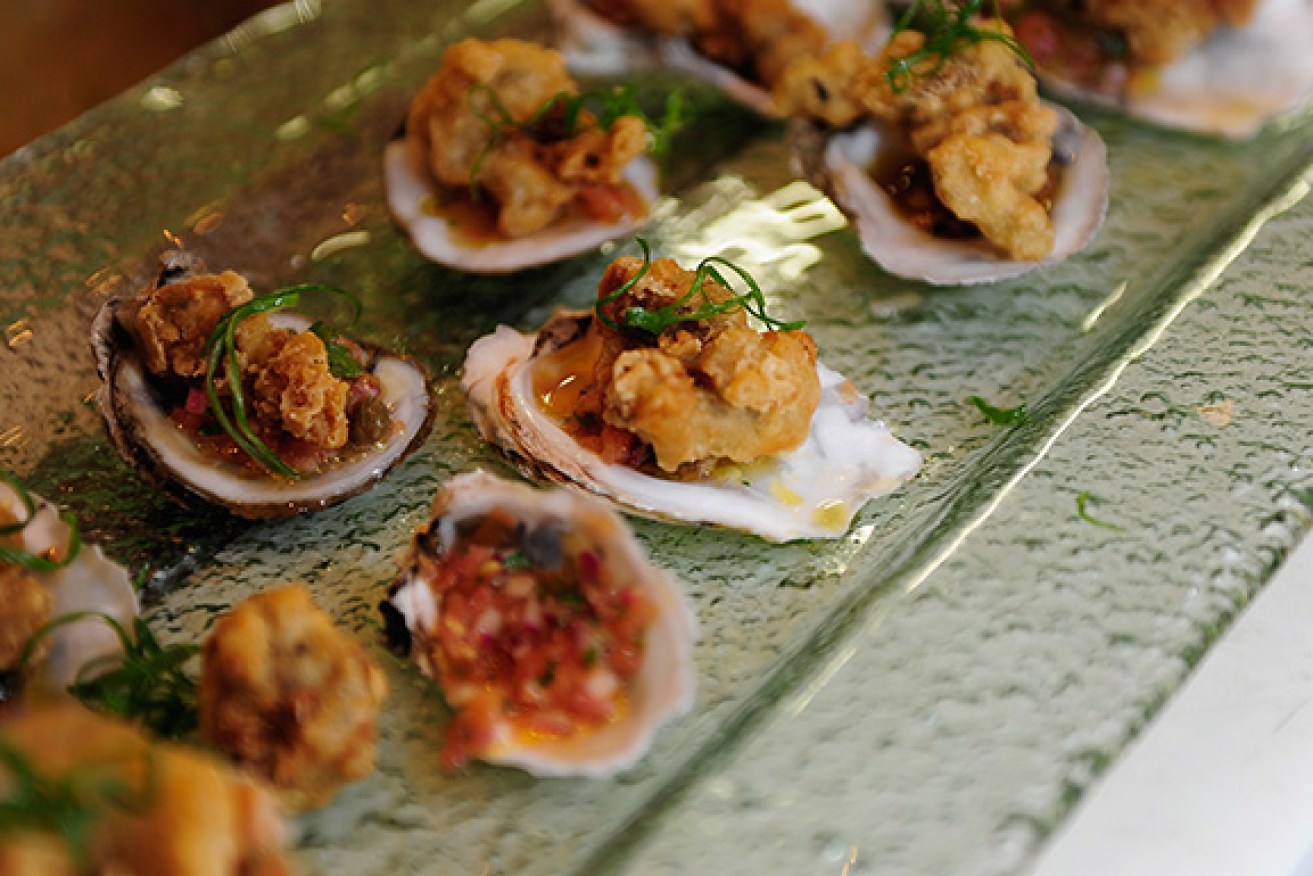Iodine deficiency, which can have a devastating impact on intelligence, is a growing concern in Australia, health experts have warned.
Both the health conscious and those who eat lots of processed foods may be at risk.
“Even mild iodine deficiency can have subtle effects on intelligence,” accredited practicing dietitian Melanie McGrice told The New Daily.
• Dieting vs exercise: which is healthier?
• Australians have ‘had a gutful of booze ads’
• Alzheimer’s breakthrough: is this the key to a cure?
Human bodies cannot make iodine, so food is our only source of the nutrient.
Baked bread and table salt have added iodine, but low-carb diets and junk food high in non-iodised salt have grown in popularity, putting us at greater risk of deficiency.
“Iodine deficiency is an increasing problem in Australia,” said cosmetic surgeon and general practitioner Dr Jodie Silleri.
“Over the years we have seen the number of cases significantly grow,” Dr Silleri said.

Fish, sushi, spirulina – the ocean seems to hold the key to cognition. Photo: Getty
Australians also traditionally eat little seafood and seaweed, the most potent natural sources.
As a result, unborn babies and infants can be irreversibly damaged if they or their mothers do not eat enough iodine.
“Some research has actually been shown to cause a fall in IQ of up to 12 points,” accredited practicing dietitian Sanchia Parker told The New Daily.
“For optimal brain development in early life, it has been suggested that a diet rich in folate, retinol, iodine, iron and zinc can help,” Ms Parker said.
“We really want to be preventing iodine, iron and zinc deficiencies during development to help achieve full cognitive potential.”
Women (15.8 per cent) are more likely than men (9.6 per cent) to be iodine deficient, ABS data from 2012 found.
While getting enough iodine as an adult may not boost intelligence (most of the help or harm having been done during pregnancy), eating a diet of whole foods rich in all the nutrients is crucial to brain health.
“We know in general, a poor diet can lead to lower IQ levels,” Ms Parker said.
The link between fish oil and brain function is “exciting”, but still tentative, she noted.
Here are some of the food sources important to the brain.
Seafood
 “A diet rich in fish is the best option for increasing brain function as it is rich in both iodine and omega 3 fatty acids,” said dietitian Melanie McGrice.
“A diet rich in fish is the best option for increasing brain function as it is rich in both iodine and omega 3 fatty acids,” said dietitian Melanie McGrice.
For example, a serve of steamed snapper contains just under a third of an adult’s daily dose.
Fish should be eaten at least three times a week, Ms McGrice recommended.
Oysters are an even more potent source of iodine, with one serve containing an adult’s entire daily dose.
Sushi
Seaweed and algae are also important sources of iodine.
A serve of sushi contains just over half an adult’s daily dose of iodine because it is wrapped in seaweed.
Spirulina
 This powdered form of algae grown in lakes or the ocean, is also iodine-rich, as well as a potent source of vitamin E and all the B vitamins, which have been linked to awareness, memory, concentration and general brain health.
This powdered form of algae grown in lakes or the ocean, is also iodine-rich, as well as a potent source of vitamin E and all the B vitamins, which have been linked to awareness, memory, concentration and general brain health.
This algae powder also contains chromium and zinc, which may boost brain activity and prevent mental decline.
It is also a good source of iron, a lack of which can inhibit brain function.
Broccoli
This common, cruciferous vegetable is also good source of vitamin E.
Half a cup of broccoli provides 20 per cent of the recommeded daily dose of the vitamin.
Water
Dehydration impacts concentration.
Even mild lack of water can impact negatively on mood and energy levels, as well as the ability to think clearly, at least two studies have shown.









